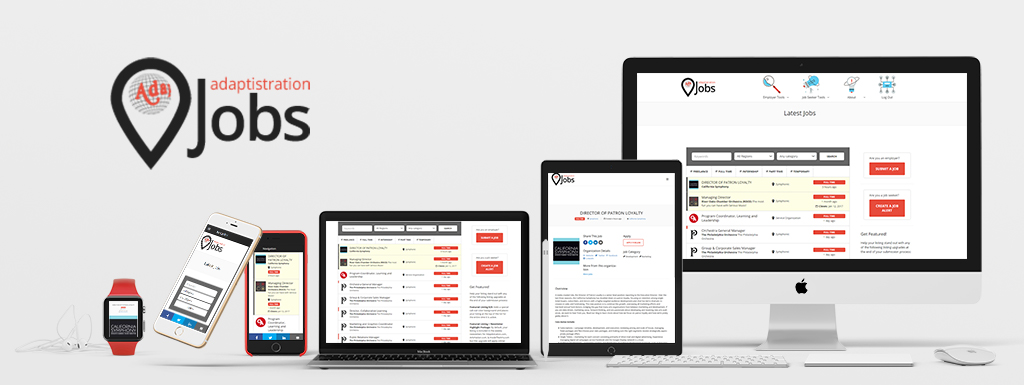It’s been a full two weeks since I’ve been able to blog about anything and over that time, I’ve been building up one doozy of a rant. In this instance, the seemingly willful lack of journalistic integrity from CNBC, the self anointed “world leader in business news” is at fault. It isn’t often that the business behind art makes it to television news so I was initially enthusiastic to see CNBC’s report on the economics of opera. Unfortunately, it didn’t take long for enthusiasm to degrade into disgust…
It was clear that this was going to be a hack report when in the opening sentence, the affected tone of the commentator alone made it seem as though spending $282 million on the arts was in-and-of itself a repulsive excess. The commentator was referring to The Metropolitain Opera’s annual budget and followed up that opening gem by saying “Lucky, none of that was tax payer money” (psst, don’t let CNBC know The Met does receive public funding).
From there, the report spiraled down into an embarrassing display of overt ignorance and apparently willful disregard for basic journalistic integrity. Not only is it clear that the commentators know nothing about the business behind performing arts but they harbor a clear bias against professional arts managers. Here’s the video from the segment:
Here are some of CNBC’s more awkward chestnuts:
- Assuming performing arts orgs operate primarily from earned income.
- Declaring, without corroborative data, that NYC is incapable of supporting The Met at the current budget level and that it is mismanaged.
- Declaring that opera is only suited as entertainment for “the sveltes.”
- Part of The Met’s problem is that they don’t play the same show for two weeks in a row.
- All unions are bad and are the source of all business related financial problems in the arts.
All of this from the same network that had to have one of its financial super stars, Jim Cramer, verbally paddled into submission by comedian Jon Stewart, for playing fast and loose with public trust; the result of which was an abuse of journalistic standards and actually contributing to the severity of the economic downturn. Clearly, CNBC didn’t learn much from that experience.
| The Daily Show With Jon Stewart | Mon – Thurs 11p / 10c | |||
| Jim Cramer Extended Interview Pt. 1 | ||||
|
||||
Unfortunately, the arts don’t have a vehicle like The Daily Show or spokesperson with the reach Jon Stewart brings to the table so we’ll have to implement a response via grass roots efforts. Here’s what you should do:
- Write a complaint letter to CNBC. Yes, deaf ears and all but it’s a start. You can contact them at https://register.cnbc.com/email/EmailSupport.jsp – just make sure you select “complaint” from the dropdown menu associated with the subject field.
- Thank them for airing a segment on the arts business but insist that they air an equal-time response to the above segment and from here on out, bring in a variety of arts business experts when examining arts issues.
- Boycott their network for no less than a full week.
If CNBC’s Met segment is representative of all their financial reporting, it’s frightening to imagine just how badly this “world leader in business news” is manipulating the economy as a result of shoddy reporting.



Suggest adding:
4) “I’m switching to Fox!”
Just sayin’
The link to contact them doesn’t work 😛
Keep trying – it’s coming up as a server error meaning the CNBC site is the source of the problem (meaning if you go to the CNBC homepage, scroll to the bottom, click on the “contact” link, you’ll get the same error message).
Ignorant. Anti-intellectual. Infuriating. However, it IS nice to learn that I’m one of the “swells.”
They haven’t even a basic knowledge of the rationale behind a non-profit–you know, the “non-profit” part?
Of course, what they don’t mention is that the Met’s annual budget is a pittance compared to professional sports teams–which are, by the way, heavily taxpayer subsidized in the form of stadiums, like our monstrous $500 million baseball venue in Seattle.
I almost feel bad for Nina. She tries to be a little balanced, but the hosts just pour it all out.
Love that they compliment her on “great investigative reporting” when really, it’s more a feature article than a true investigative report. It barely scratches the surface of the balance sheets.
Article here: http://www.vanityfair.com/culture/features/2010/05/test?currentPage=1
What I want to know is how many *extra* expenses has Gelb brought in compared to other seasons. And then, how much additional revenue has he brought in. There’s a possibility of incremental revenue. What’s the ROCI?
For example, the HD broadcasts are breaking even now. We will probably see a profit soon.
But perhaps my favorite comment during the segment is that they have cut costs and “do things on the cheap.”
True investigative reporting would have drilled down on those things.
And p.s. the Louvre does spend that kind of money. $350 million, of which $180 million comes from the government.
And p.p.s. CNBC is a joke. I would boycot, but that would have to mean I was watching it in the first place.
You might have included a link to the video.
http://www.cnbc.com/id/15840232?video=1464503137&play=1
Clearly they know the price of everything and the value of nothing.
Gene, you should see the CNBC video of the segment right in the post above. If you don’t, you might want to make sure you don’t have any sort of javascript or other content blocker running that would prevent the video from appearing.
I wasn’t being critical.
The readable click-able link I provided might be of utility to those – like me – who do use filtering software.
Thanks for the post.
No worries, I didn’t think you were but it was a good opportunity to mention that just in case someone else is having trouble. A number of embeddable vids have the “display as text” option if they detect a filter but those certainly aren’t bulletproof.
As I watched the CNBC story I was struck by how close it is to something you would see on “The Onion.” Assuming that other cable networks employ the same kind of sensationalism and bias, the influence of this kind of “reporting” on political coverage is also troubling.